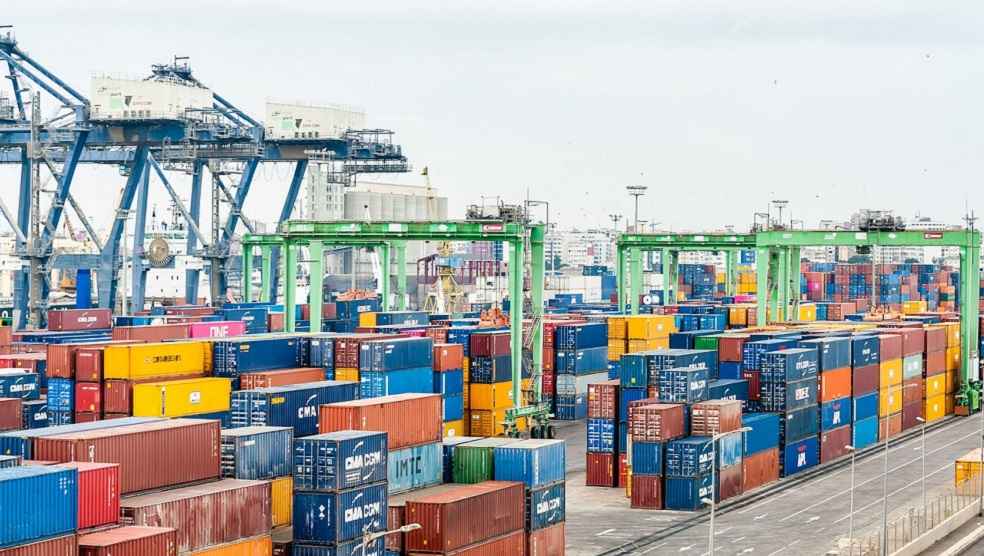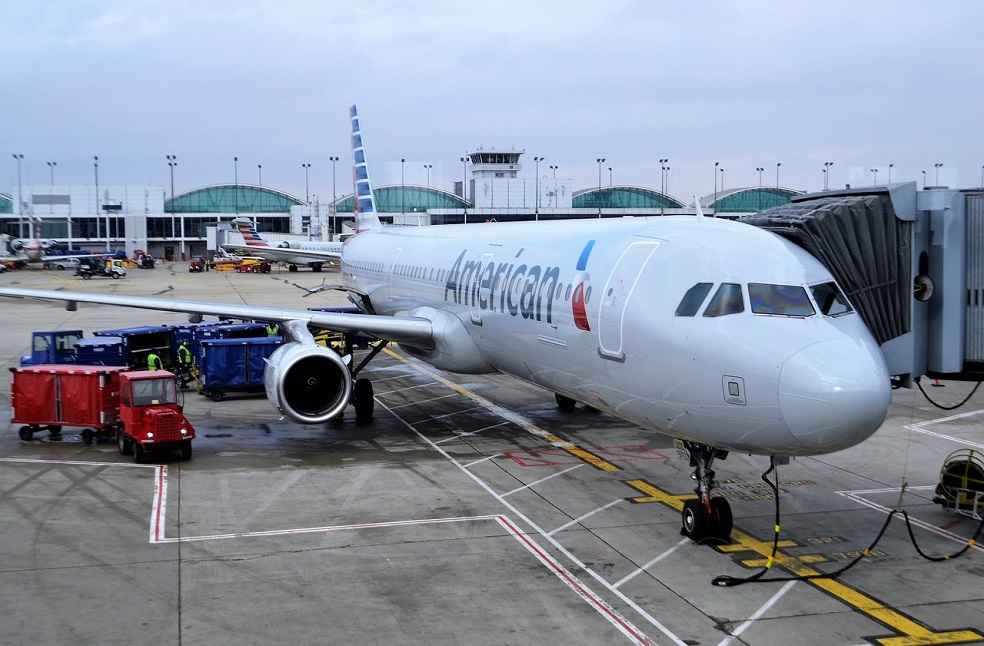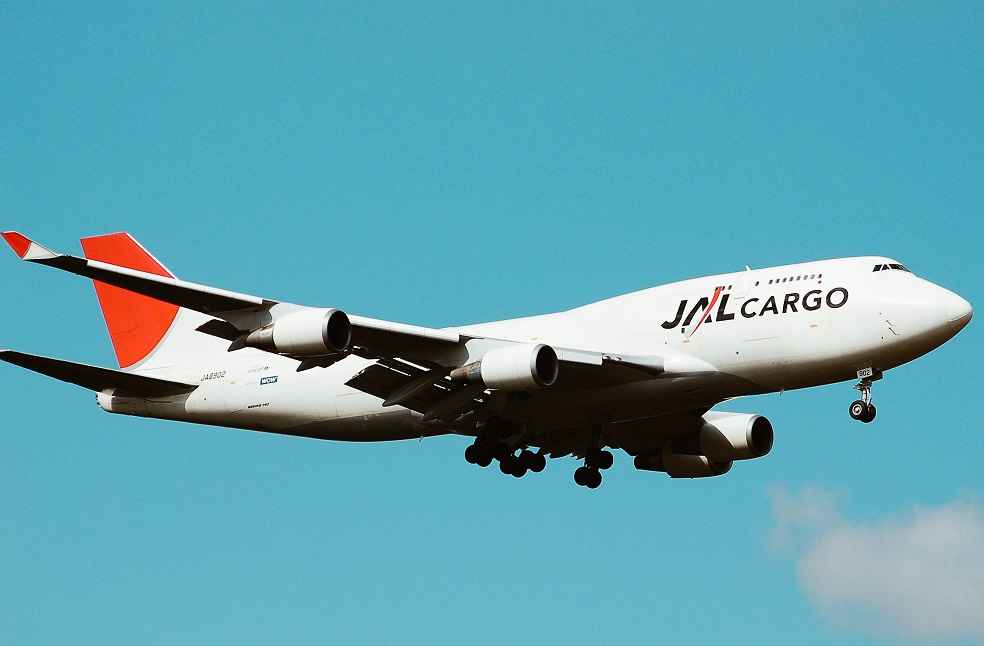The recent escalation in the L has triggered a cascade of logistical disruptions, leading to a ‘Logistics Crisis, Air Cargo Decline’. Notably, in air cargo services, prominent global cargo airlines temporarily halted operations to Israel following a declaration of war by the country in response to the Hamas terrorist attack. This military action in the Gaza Strip played a key role in the brief hiatus of logistics activities.
FedEx Express, a major player in the air cargo industry, confirmed the resumption of its international flights to Israel on Tuesday, a day after pausing its operations. Despite the tension in the region, the company has asserted its commitment to fulfilling its logistic obligations. A FedEx spokesperson commented, “We continue to provide both air and ground services in Israel in line with government requirements and are closely monitoring the situation.” This sentiment was further reinforced when the company clarified that delivery and pickup operations would be executed as per local authority directives, emphasizing safety and feasibility. Both FedEx service centers in Israel remain operational.

On the other hand, UPS, FedEx’s chief rival, confirmed the temporary suspension of its flights to and from Israel. However, they’ve set contingency plans in motion to ensure the swift and safe delivery of shipments already in Israel. To aid customers during these trying times, UPS has encouraged them to track their shipments online. Shipments impacted by the ongoing conflict will be marked with the exception code “C5-Emergency.”
Amid this disruption, global logistics behemoth DHL has managed to maintain its flight operations in and out of Israel. Meanwhile, Lufthansa Cargo communicated the cancellation of freighter flights to Tel Aviv through Thursday and an embargo on accepting new shipments to Israel until Sunday.
This logistical tumult is reflected in real-time flight statistics. Flightradar24, an aircraft tracking site, displayed an average delay of 56 minutes for flights heading to Ben Gurion International Airport in Tel Aviv and a 55-minute delay for outbound flights.

In a broader context, the Israel-Hamas conflict has not only influenced cargo airlines but has also affected commercial flight operations. Leading U.S. carriers – American Airlines, Delta Air Lines, and United Airlines – have suspended their direct flights to Israel. Regulatory bodies such as the Federal Aviation Administration (FAA) and the European Union Aviation Safety Agency have advised airlines to tread cautiously in the regional airspace.
Compounding the issue, major retailers like H&M, Inditex, and Ikea have announced the temporary closure of their stores in Israel, further signaling the profound impact of the conflict on global business operations.
The world watches closely as Israel grapples with both the external conflict and the ensuing internal logistical crisis. With cargo and commercial flights facing challenges, the global interplay between politics and business has never been more evident.

The logistics disruption not only impacts businesses in Israel and Palestine but also reverberates among consumers. As Israel, a primary exporter of high-tech goods and other agricultural products, faces export challenges, it adversely affects the global distribution chain. This could lead to a global price surge.
Israel stands as one of the major global hubs for air cargo, and its airspace is utilized by airlines worldwide. Indeed, any logistical hindrance can swiftly weaken global distribution networks.
EDITOR’S CHOICE | China Lithium Mining Boom: Unearthing Opportunities and Challenges



